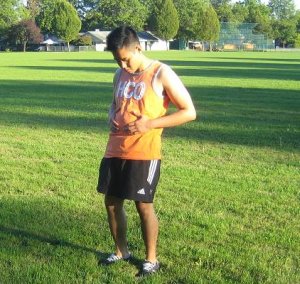Understanding A Hernia
- A hernia happens when nerves or organs protrude through a fragile section in the wall of the stomach.
- Some hernias are formed at birth. Some take place after a surgical procedure.
- Sometimes, weaknesses progress in the muscles of the abdomen wall over time and ultimately ‘give out’ producing a hernia.
- Hernias are normally more common in individuals whose abdomens are under extreme pressure, such as individuals who do a lot of substantial lifting, pregnant, obese, or who have long-lasting constipation.
Hernia Symptoms
Hernias might not result in any symptoms, but classic symptoms consist of:

- A lump in the groin or stomach;
- Pain, heaviness or uneasiness, particularly when lifting, straining or coughing; and
- A heaving feeling around the bulge.
If your GP thinks you might have a hernia, they will observe you. Your GP might ask you to cough or stand while touching the area where the hernia is located.
If the hernia is minor, or if it not causing any complications, then you and your GP might decide to wait and see what comes about.
But if the hernia is very big, or if it’s causing discomfort or getting stuck at times, then a surgical procedure will be suggested.
Surgery
There are two kinds of surgery.
- With open surgery, the specialist makes an incision near the hernia to restore it with stitches, and might place a piece of webbing to help reinforce the area.
- With laparoscopic surgery, the specialist makes numerous minor incisions near the hernia. Lengthy tools and a tiny camera (laparoscope) are implanted into the incisions and the images help direct the specialist in mending the stomach wall with stitches.
- Most individuals need two weeks to fully recuperate.
